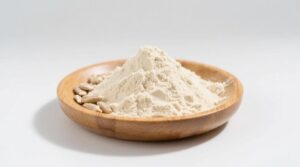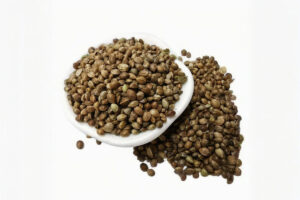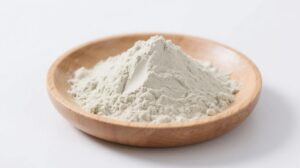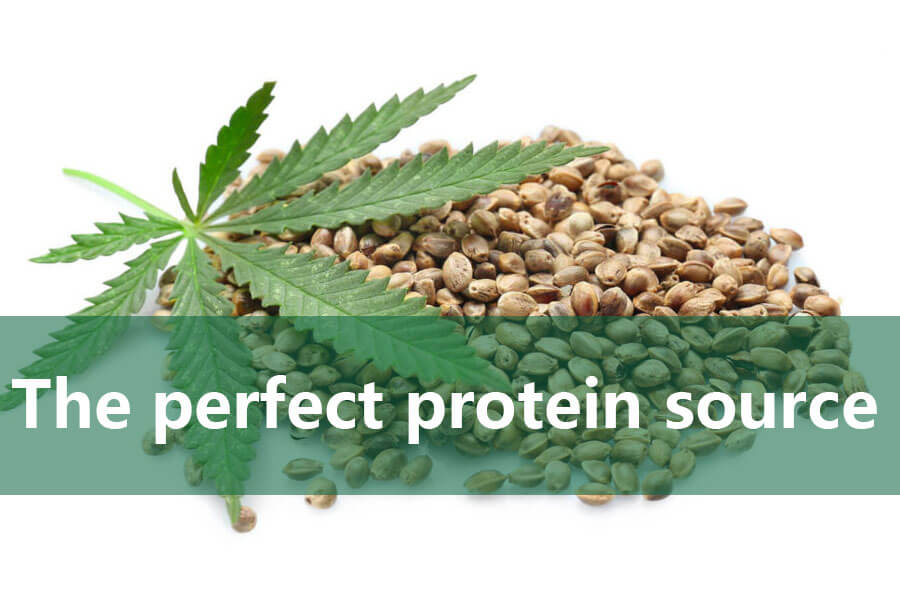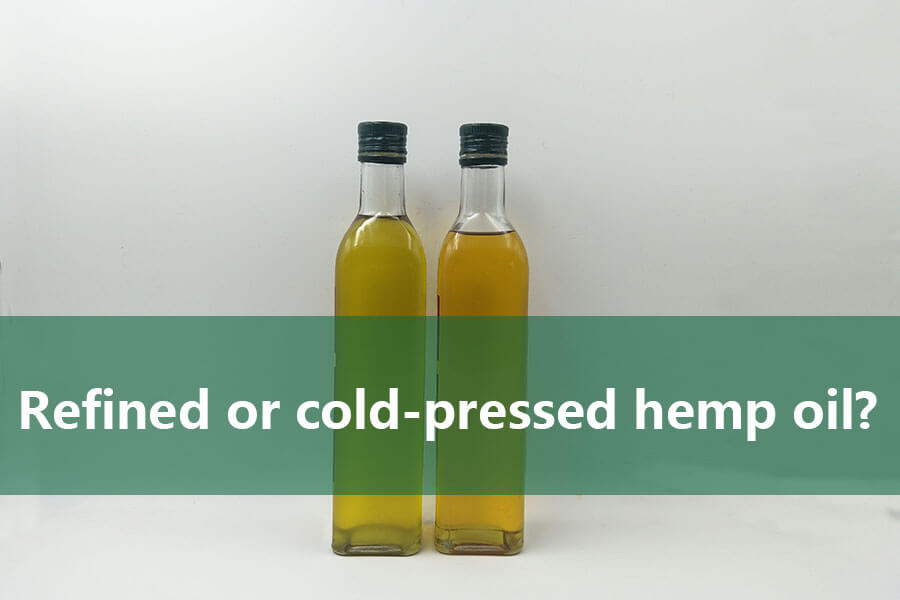The plant-based protein market is booming, but the debate between pea protein and hemp protein continues. While both are vegan, gluten-free, and eco-friendly, organic hemp seed protein powder offers unique advantages that make it a superior choice for many. Let’s break down the science, nutrition, and sustainability factors to settle the score.
Pea Protein vs. Hemp Protein: A Quick Comparison
| Factor | Pea Protein | Organic Hemp Protein |
|---|---|---|
| Protein Content | 80–90% per serving | 50–60% per serving |
| Amino Acid Profile | Incomplete (low methionine) | Complete (all 9 essential amino acids) |
| Digestibility | High (PDCAAS score: 0.82) | Moderate (PDCAAS score: 0.63) |
| Fiber | 1–2g per serving | 8–12g per serving |
| Healthy Fats | None | Omega-3 & Omega-6 (3:1 ratio) |
| Allergen Risk | Low (rare pea allergies) | None (hypoallergenic) |
| Environmental Impact | Moderate (water-intensive crops) | Low (regenerative crop, sequesters CO2) |
Why Organic Hemp Protein Wins for Holistic Nutrition
- Complete Protein Source
Hemp contains all 9 essential amino acids, including rare ones like arginine (heart health) and histidine (immune support). Pea protein lacks methionine, requiring pairing with rice protein for completeness. - Fiber Powerhouse
With 10x more fiber than pea protein, hemp supports gut health, stabilizes blood sugar, and keeps you full longer. - Essential Fatty Acids
Hemp’s 3:1 omega-6 to omega-3 ratio fights inflammation—a key edge over fat-free pea protein. - Mineral Rich
Magnesium (50% DV), iron (40% DV), and zinc per serving, vs. pea’s minimal micronutrients. - Kidney-Friendly
Lower purine content than pea protein, reducing strain on kidneys for those with CKD.
When Pea Protein Might Be Better
- Muscle Building: Pea’s higher leucine content (2.5g/serving vs. hemp’s 1.6g) slightly edges out for hypertrophy.
- Calorie-Conscious Goals: Lower fat makes pea protein ideal for strict cutting phases.
Why “Organic” Matters for Hemp Protein
Hemp is a bioaccumulator, absorbing pesticides and heavy metals from soil. Certified organic hemp seed protein powder guarantees:
✅ No glyphosate or synthetic fertilizers
✅ Heavy metal testing (lead, cadmium)
✅ Non-GMO, sustainable farming
Who Should Choose Hemp Protein?
- Vegans/Vegetarians: For balanced amino acids and omega fats.
- Digestive Sensitivities: Easier to digest than pea’s lectins and oligosaccharides.
- Athletes: Sustained energy from carbs + fats in hemp.
- Planet Advocates: Hemp regenerates soil and uses 50% less water than peas.
How to Use Hemp Protein Without the Grit
- Smoothies: Blend with frozen mango and coconut milk to mask earthiness.
- Baking: Swap 25% flour with hemp protein in pancakes or muffins.
- Savory Dishes: Add to soups, veggie burgers, or hummus for a nutrient boost.
FAQs
Q: Can hemp protein replace whey?
A: Yes! Mix with sunflower seed protein for a complete, vegan muscle-building duo.
Q: Does hemp protein cause THC exposure?
A: No—industrial hemp has <0.3% THC; processing removes traces to undetectable levels.
Q: Which tastes better?
A: Pea is milder. Hemp has a nutty, earthy flavor—excellent in chocolate or spice-heavy recipes.
The Verdict
While pea protein excels in pure protein content and muscle synthesis, organic hemp seed protein powder is the clear winner for overall nutrition, sustainability, and gut health. It’s not just a protein—it’s a multivitamin, fiber supplement, and omega source in one scoop.
Ready to Fuel Better?
Choose certified organic hemp seed protein powder—nature’s most balanced plant protein. Blend it, bake it, or shake it, and experience the difference a truly whole-food protein makes.
Nourish your body, respect the planet.
Related Products
Organic Sunflower Seed Protein Powder
Organic sunflower seed protein powder offers ≥80% high-quality plant protein with excellent digestibility and hypoallergenic…
Organic Hemp Seeds
Organic hemp seeds offer complete nutrition with optimal protein, fatty acids, and fiber content. Versatile…
Organic Hemp Seed Protein Powder
Available in 70%, 75%, 80% protein levels and customized. All specifications support both conventional and…

